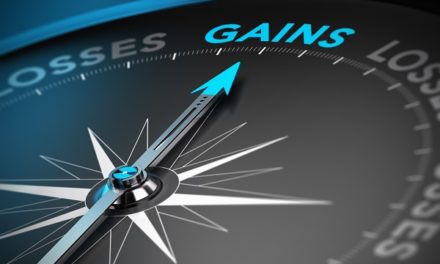
“Only buy something that you’d be perfectly happy to hold if the market shut down for 10 years.”
— Warren Buffett
Such a great quote from Warren Buffett, highlighting the importance of investment time horizon when considering making an investment. In the short run, who knows what the stock market will do? A week or two after buying any given stock, could the entire stock market fall out of bed? Quite possibly! Should that happen, how would you react? It is an excellent question to think about before hitting the buy button.
For investors who take a multi-year time horizon, the important thing is not what happens in the next week or two, but what the result will be over the long haul. Today, we look at the result investors of the year 2009 experienced, who considered an investment in shares of Duke Energy Corp (NYSE: DUK) and decided upon a decade-long investment time horizon.
| Start date: | 04/08/2009 |
|
|||
| End date: | 04/05/2019 | ||||
| Start price/share: | $41.97 | ||||
| End price/share: | $90.53 | ||||
| Starting shares: | 238.27 | ||||
| Ending shares: | 383.00 | ||||
| Dividends reinvested/share: | $31.93 | ||||
| Total return: | 246.73% | ||||
| Average annual return: | 13.24% | ||||
| Starting investment: | $10,000.00 | ||||
| Ending investment: | $34,661.76 | ||||
The above analysis shows the decade-long investment result worked out quite well, with an annualized rate of return of 13.24%. This would have turned a $10K investment made 10 years ago into $34,661.76 today (as of 04/05/2019). On a total return basis, that’s a result of 246.73% (something to think about: how might DUK shares perform over the next 10 years?). [These numbers were computed with the Dividend Channel DRIP Returns Calculator.]
Always an important consideration with a dividend-paying company is: should we reinvest our dividends?Over the past 10 years, Duke Energy Corp has paid $31.93/share in dividends. For the above analysis, we assume that the investor reinvests dividends into new shares of stock (for the above calculations, the reinvestment is performed using closing price on ex-div date for that dividend).
Based upon the most recent annualized dividend rate of 3.71/share, we calculate that DUK has a current yield of approximately 4.10%. Another interesting datapoint we can examine is ‘yield on cost’ — in other words, we can express the current annualized dividend of 3.71 against the original $41.97/share purchase price. This works out to a yield on cost of 9.77%.
Another great investment quote to think about:
“We don’t have to be smarter than the rest. We have to be more disciplined than the rest.” — Warren Buffett



